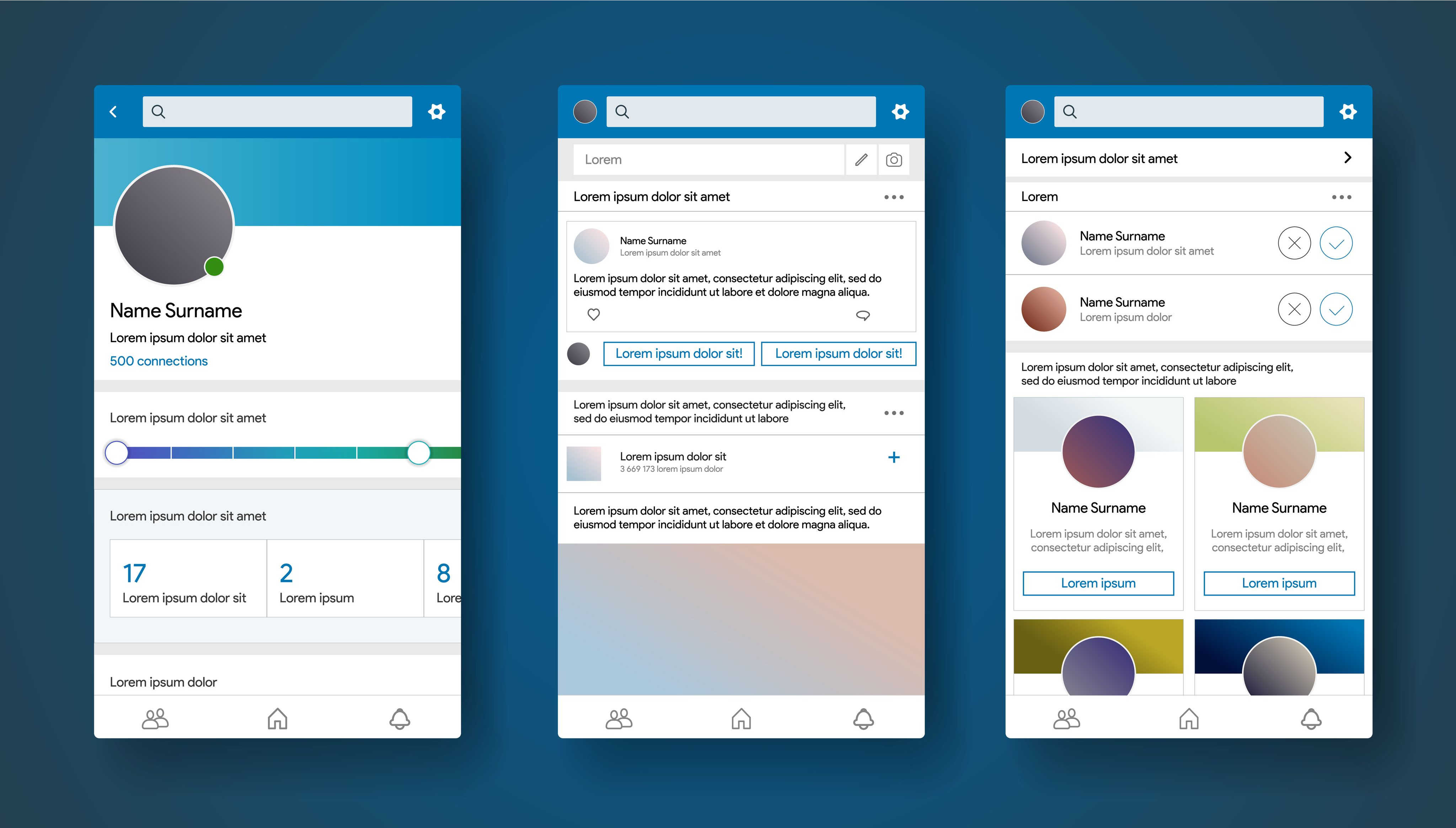We need LinkedIn, right? Sure? Yes! LinkedIn has become a very useful and key marketing tool for working professionals, including attorneys. The three most popular uses for LinkedIn are staying connected with colleagues, staying up to date on clients’ news, and as a passive marketing tool.
LinkedIn is a great way to stay connected to colleagues, former classmates, and current and future clients. Many consider it “your professional Facebook.” And while you might be hesitant to brag on Facebook that you were just promoted to partner at your law firm, that sort of announcement is right at home on LinkedIn. It is also a great place to post links to articles or blogs you or your colleagues wrote, or information about your next speaking engagement. Not only will this let your former law school classmates see just how well you are doing, but it will allow others who may need your help on a specific topic or who are also attending that conference where you are speaking, to reach out and get to know you better. Much the same way you use phone calls, educational and training opportunities, newsletters, and social events to stay top of mind with current clients and potential referral sources, you can use LinkedIn to do the same.
Executives and general counsels say they often use LinkedIn to vet potential outside counsel. This is why it is incumbent to keep your profile current. But, you can also use LinkedIn to keep track of what is happening with clients — both current and potential. Just as you are posting about your promotions, clients will post about new executives joining their ranks, as well as other firm news. Learning a GC just left one company may be just the opening you need to pitch this new client. Of course, if your relationship was with the old GC, you can use this as an opportunity to learn more about your new boss.
LinkedIn, and social media in general, can work as a passive marketing tool. The internet is forever — and in this case that is a good thing. A blog post or an article you link to on LinkedIn will still be searchable months and even years later. So, if you wrote a post about the 10 ways to do something and a year from now someone is looking for a way to do just that, they will find your post and you. Like other social media platforms, you can commit as much or as little time as you wish. Yes, the more effort you put into LinkedIn, the more rewards you will reap. However, just setting up a profile and updating it occasionally will allow people to find you and stay up-to-date on your career. Or, just check in weekly, monthly, or quarterly and update your experience and publications. Maybe like or comment on some connections posts. The more you use it, the more useful it will be as a marketing tool.
Although there are many benefits to using LinkedIn, attorneys need to be mindful that they are subject to standards by which non-attorneys are not held, and it is essential to remember that LinkedIn is not ensuring your ethics compliance. The three key ethics issues attorneys should consider when using LinkedIn are to not be misleading, to carefully consider any specific rules that may apply to your LinkedIn profile (factoring in any rules specific to the state in which you are licensed), and to always maintain client confidentiality.
ABA Model Rule 7.1 (Communications Concerning a Lawyer’s Services) requires you to not market yourself in a way that is false or misleading, which includes remembering to add information to your LinkedIn profile to provide proper context to the details. When applying the ethics rules to LinkedIn, choose your wording carefully while providing your background, goals and licensing details in the “About” section on your profile.
ABA Model Rule 7.2 covers specific rules regarding communications concerning a lawyer’s services and it is important to apply this to all aspects of your LinkedIn profile including your endorsements, so you should review your LinkedIn endorsements. Consider if the endorsements are from individuals who can reasonably comment on your work. Ask yourself if the endorsements list skills that are accurate. Also, take note that you should not compensate anyone for a recommendation.
Because every state has its own ethics rules, it is also important to review what your state requires regarding solicitation of clients (see, for example, ABA Model Rule 7.3). or trial publicity (see, for example, ABA Model Rule 3.6), or unauthorized practice of law (see, for example, ABA Model Rule 5.5). You should check your state’s ethics rules pertaining to advertising.
Finally, and this is an important end note, remember that ABA Model Rule 1.6 covers your duty of confidentiality to clients and that duty is broad. Client-related information, including your client’s identity, may be confidential even if it is no longer protected by attorney-client privilege (see more details about this specific issue in ABA Formal Opinion 480). Consider information learned from and about a client as confidential and proceed carefully when discussing clients on your LinkedIn profile, and obtain client consent when needed.
Sarah Klem is the director of communications at Cozen O’Connor. She is not an attorney.
Last modified: October 19, 2022






No comments yet.